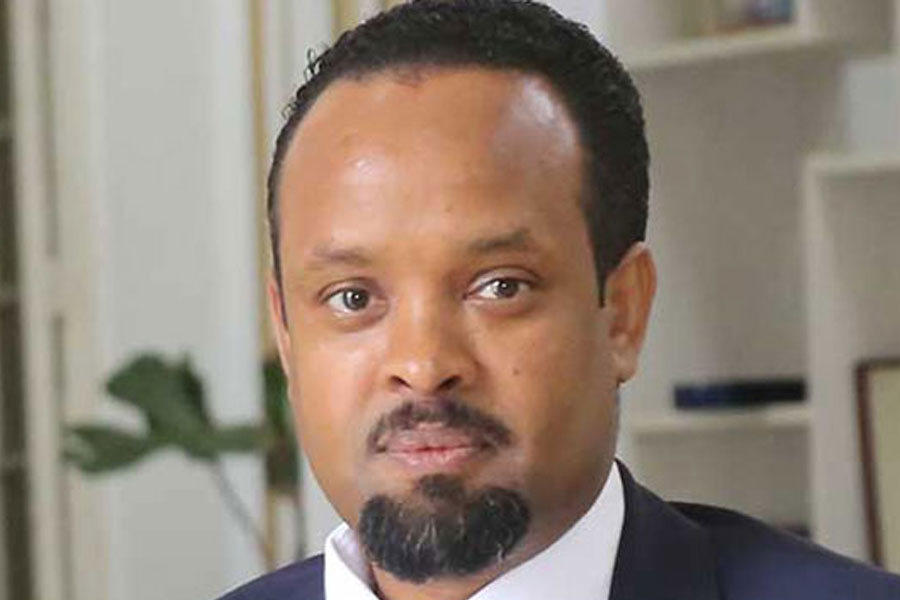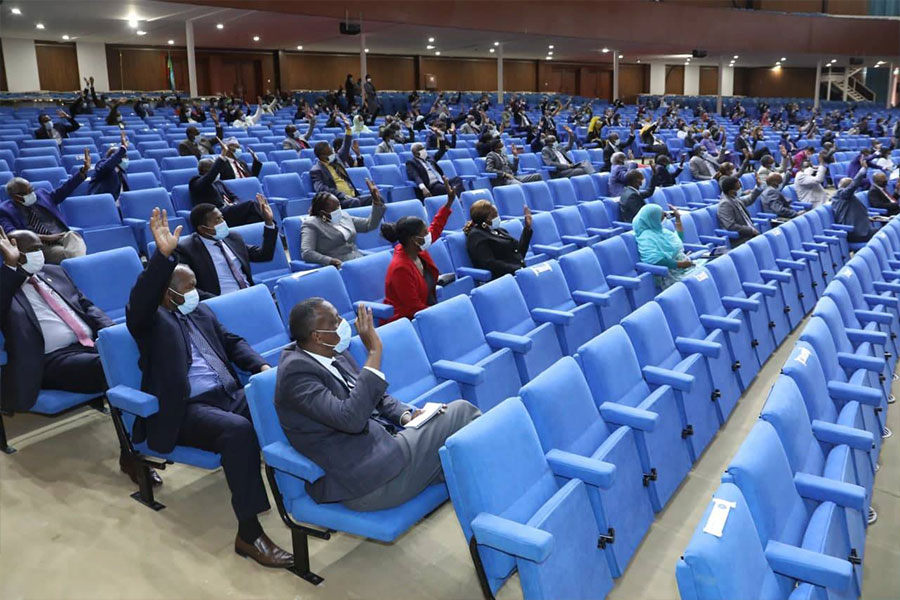
Viewpoints | Sep 27,2025
Amanuel Mental Specialised Hospital is more than a medical facility; it embodies Ethiopia’s turbulent past and the ongoing trauma it faces in addressing mental health issues. In the busy area of Merkato, near Congo Street, the Hospital’s history is intricately tied to the country’s journey, bearing witness to the resilience of its patients and the persistent gaps in mental healthcare. Initially established as a general hospital, Amanuel transformed into a mental health facility following the Italian occupation, which left a lasting impact on the collective psyche. With a budget of 198 million Br, it now serves over 60,000 patients annually, operating at capacity with 240 beds spread across 11 wards. However, despite this substantial patient load, the facility has seen little expansion since its inception, reflecting broader issues within the mental health industry.
The mental health landscape is dire, with only a fraction of health facilities offering mental health services. Urban centres like Addis Abeba may fare slightly better, but rural areas remain critically underserved. With a health worker-to-patient ratio well below the continental average and the targets set by the United Nations Sustainable Development Goals, Ethiopia faces a long road to achieving universal healthcare.
Stories of resilience within Amanuel’s walls abound. Their journey to the Hospital follows a complex interplay between personal strife and limited access to mental health resources. The stories shed light on the vital role Amanuel plays in providing respite and care to those fighting mental health issues. The Hospital, however, is a microcosm of Ethiopia’s broader mental health crisis. With only 46 general practitioners and 13 psychiatrists, the facility is significantly understaffed, and many seeking treatment are turned away. The recent road expansion plan by the city administration further threatens to encroach on the Hospital’s already limited space, deepening the strain on resources.
Despite these challenges, there are glimmers of hope. From grassroots community movements to initiatives like the Mental Health Users Association, collective efforts are underway to break the stigma around mental health and provide support to those in need. The involvement of religious leaders and traditional healers in mental health dialogues reflects a refreshed approach, integrating cultural practices with modern therapeutic methods.
PUBLISHED ON
Oct 28,2023 [ VOL
24 , NO
1226]

Viewpoints | Sep 27,2025

Radar | Sep 23,2023

Fortune News | May 20,2023

Radar | Apr 13,2025

Commentaries | Oct 28,2023

Radar | Apr 03,2023

Sunday with Eden | Jun 20,2020

Featured | Sep 23,2023

Agenda | Jun 12,2021

Sunday with Eden | Nov 27,2021

Dec 22 , 2024 . By TIZITA SHEWAFERAW
Charged with transforming colossal state-owned enterprises into modern and competitiv...

Aug 18 , 2024 . By AKSAH ITALO
Although predictable Yonas Zerihun's job in the ride-hailing service is not immune to...

Jul 28 , 2024 . By TIZITA SHEWAFERAW
Unhabitual, perhaps too many, Samuel Gebreyohannes, 38, used to occasionally enjoy a couple of beers at breakfast. However, he recently swit...

Jul 13 , 2024 . By AKSAH ITALO
Investors who rely on tractors, trucks, and field vehicles for commuting, transporting commodities, and f...

Oct 11 , 2025
Ladislas Farago, a roving Associated Press (AP) correspondent, arrived in Ethiopia in...

Oct 4 , 2025
Eyob Tekalegn (PhD) had been in the Governor's chair for only weeks when, on Septembe...

Sep 27 , 2025
Four years into an experiment with “shock therapy” in education, the national moo...

Sep 20 , 2025
Getachew Reda's return to the national stage was always going to stir attention. Once...